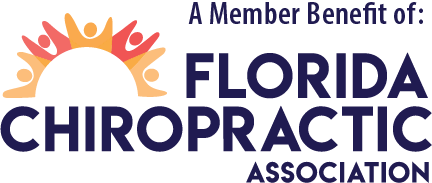Why Employee Benefits Should Be Your #1 Focus This Year
More than two years in, and companies around the world are still learning how to navigate the COVID-19 pandemic. In addition to the ongoing threat of new virus variants, employers now face another unforeseen reaction to the pandemic that the media has dubbed as The Great Resignation.
According to the most recent report from the Bureau of Labor Statistics, U.S. workers quit their job in near-record numbers in November of 2021, and employers followed up by posting 10.6 million job openings.
The pandemic has forced millions of individuals and families to re-evaluate their priorities, and a startling number of them have yet to return to the workforce. So how can businesses hang on to their existing staff while attracting new talent?
In a word, benefits. The employee benefits landscape is changing, fast. For starters, a base salary, alone, is no longer enough to stay competitive. Companies leading the way have added perks such as flexible working arrangements, increased paid time off, mental health support, parental leave, and even education assistance. And if the pandemic has taught us anything, it’s that taking care of one’s health has never been more important. Businesses embracing this are presenting their employees with more group health insurance options than ever before. For instance, some groups are electing to increase their employer contribution amounts toward health insurance plans from 50% to 100% and are even offering richer benefit plans. And what were once voluntary ancillary group benefits, such as dental and telehealth, are now part of many companies’ standard offering.
Your employees invest a lot into your business, and you invest the time and money to train them to be successful in their positions. Over time, you’ve come to value and rely on their consistency, dedication, and hard work. Make sure that they value you just as much.
Our team of licensed benefits counselors can help you curate an employee benefits package that stands out from the rest. Visit our group health & employee benefits page today to schedule an appointment or request a free quote.








